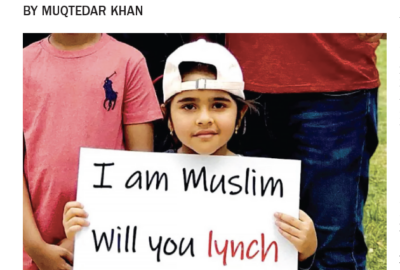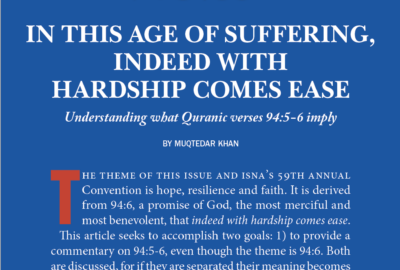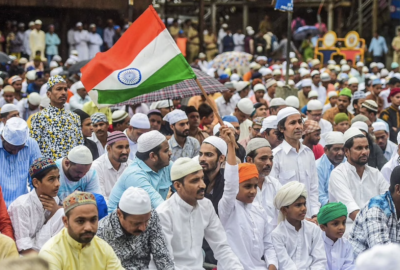Delaware Must Adopt a Pro-Equity and Anti-Racism Agenda
Click to watch the Khanversation with African American leaders in Delaware
Dr. Muqtedar Khan
Special to the USA TODAY NETWORK
But even before that, we must ensure that institutional practices and policies that unfairly target or impact any singular group are identified and eliminated. This is the anti-racism part of the agenda. The ghastly extrajudicial execution of George Floyd by a white officer has forced the entire nation — well at least 74% — to acknowledge the extent and depth of racism that pervades our culture and our legal system. It is not easy for the privileged to critically assess the extent of unfairness of white privilege. The best way to get some basic insights into the ugly nature and oppressive consequences of American racism is to listen.
Listen to those who are victims of racism and have struggled against it for decades.
On Jun 7, I hosted a Khanversation — a discussion series on YouTube — with grassroots leaders and activists from Delaware’s African American community. I spoke with Beatrice “Bebe” Coker, a civil rights activist and educational reformer, and with Samuel Guy, also a civil rights activist and now a member-at-large of the City Council of Wilmington. Both have experienced and combatted racism for decades. I also spoke with Rep. Sherry Dorsey Walker, who is in the Delaware House of Representatives and Atnre Alleyne, who is the founding executive director of DelawareCan, a foundation that works to ensure that all schools help all kids achieve their potential. The panel was composed of legends and rising stars of the African American community. You can listen to their views here:
They spoke and I listened.
The first thing I learned was that the pain from the suffering and from memories of centuries of slavery, segregation and police brutality, is still palpable. You can sense the anger, the frustration and the agony in their voices when they described their personal reactions to the visual of a white police officer squeezing the life out of a helpless, pleading, black man. The casual and callous demeanor of the murderer was a reflection of the impunity with which racism operates in our country. I recognized every emotion they were expressed. I have felt them over the past few years watching videos of Hindutva mobs in India brutally beating minorities to death. These lynchings happen with police watching in attendance and refusing to stop the inhumanity. I could relate to their pain and anger.
Beyond the emotional and psychological trauma of historical racism, the day-to-day reality that they described was trauma-inducing. African Americans are more likely to be abused by police; they are often first to be fired and the last to be hired. This is statistically true during COVID-19 and otherwise. Their institutions are poorly funded and racism is often laced into legislation that discriminates against them in housing, in business, in banking and in education. Young African Americans describe a routine day at school as causing PTSD.
They described how when governments take big development initiatives, African Americans are excluded from the economic opportunities they generate. They pointed to how the Riverfront development in Wilmington produced many white millionaires but none of the beneficiaries was black. History, they say, is being repeated as contracts for the I-95 Corridor projects are again not empowering African Americans — this in a city which is 57% black and ten out of thirteen city councilmen are black. Even now while the leaders of the state are marching with the protesters, they are in court opposing an initiative that would bring equitable funding to Delaware schools, a change that would benefit poor school districts, meaning schools where minority students are in majority.








